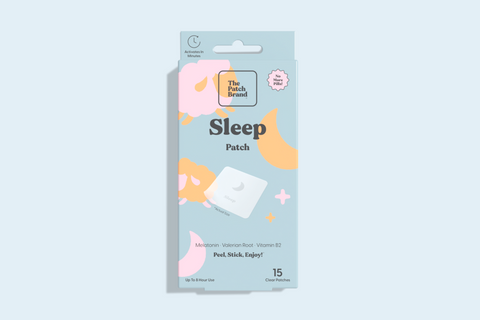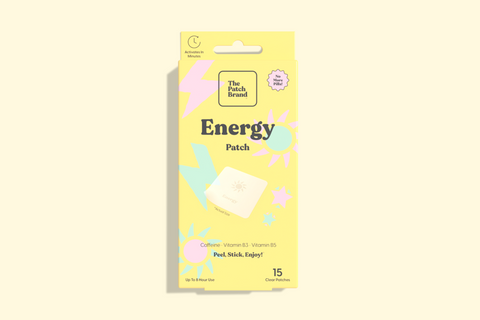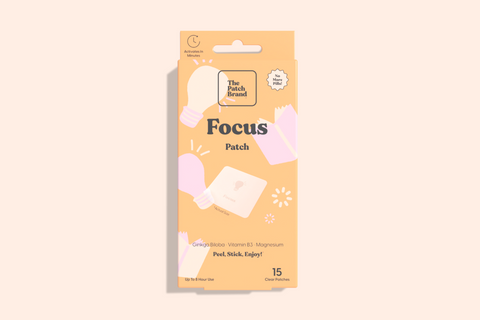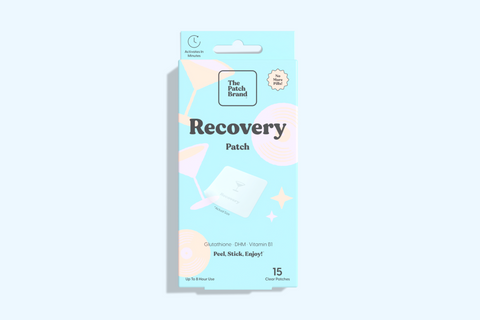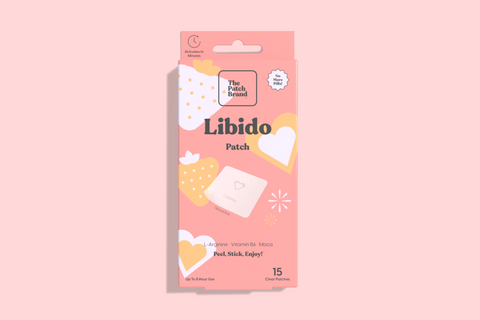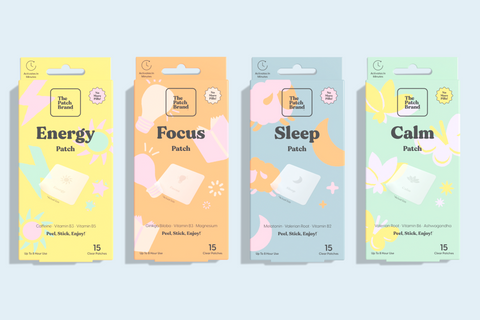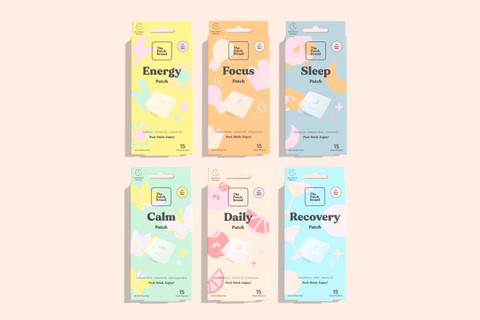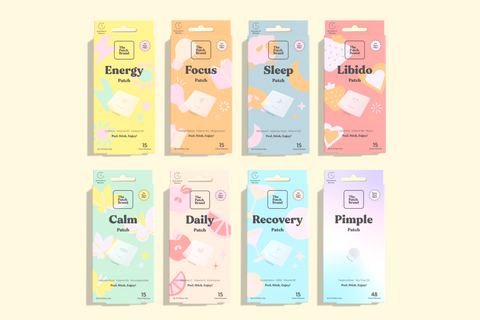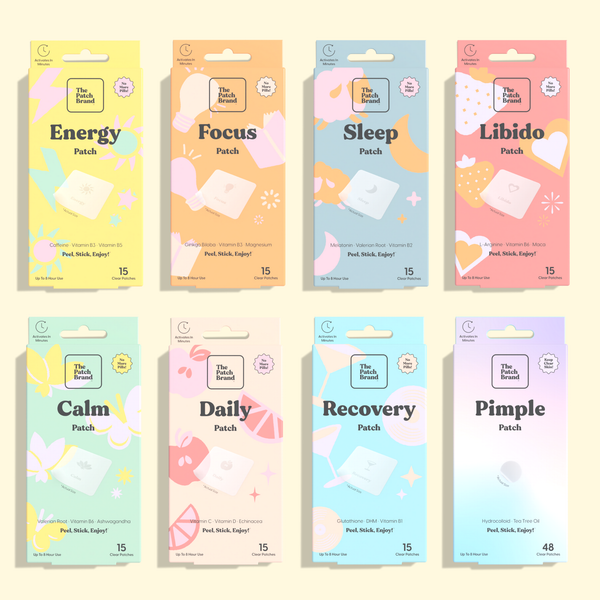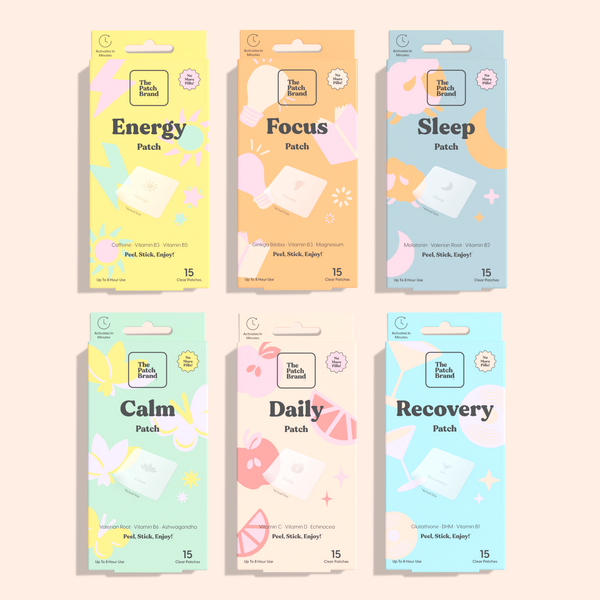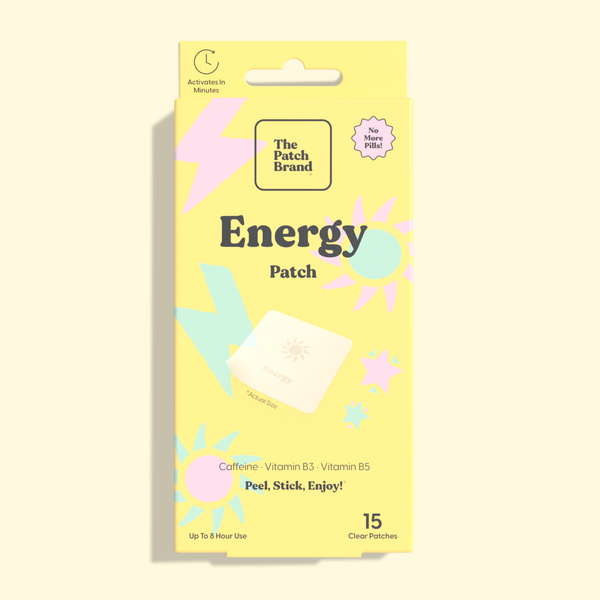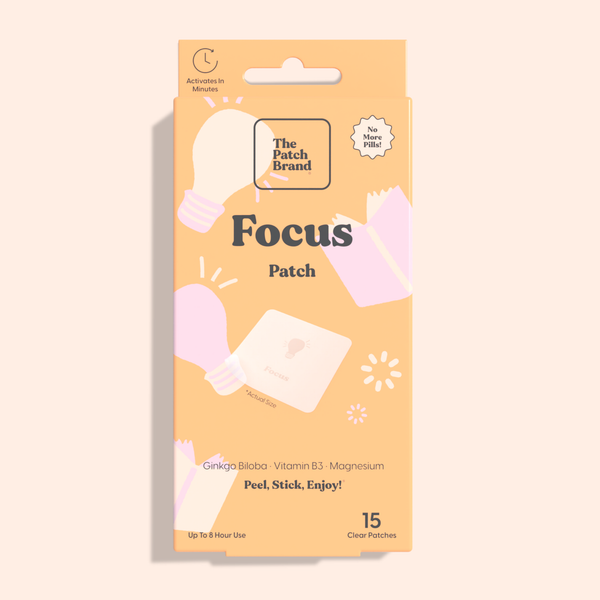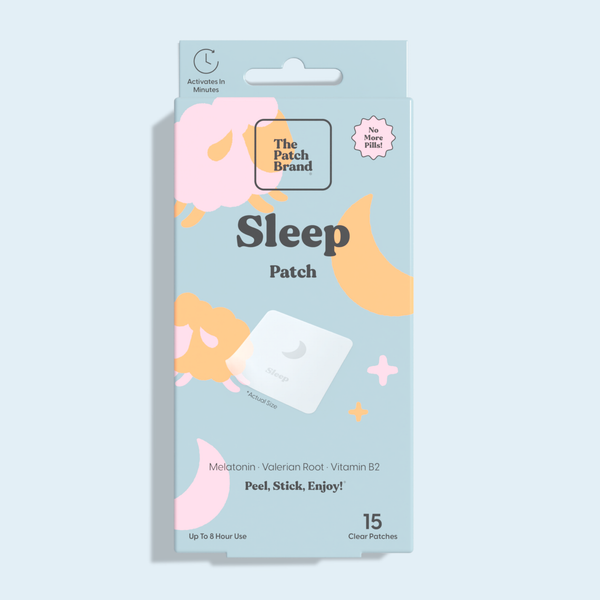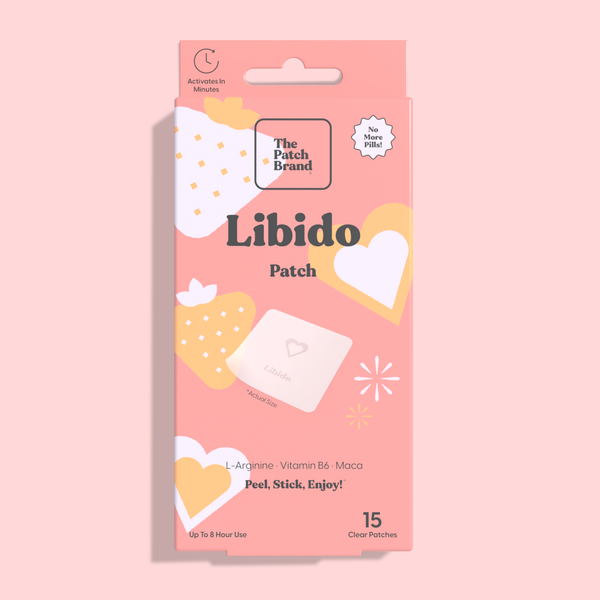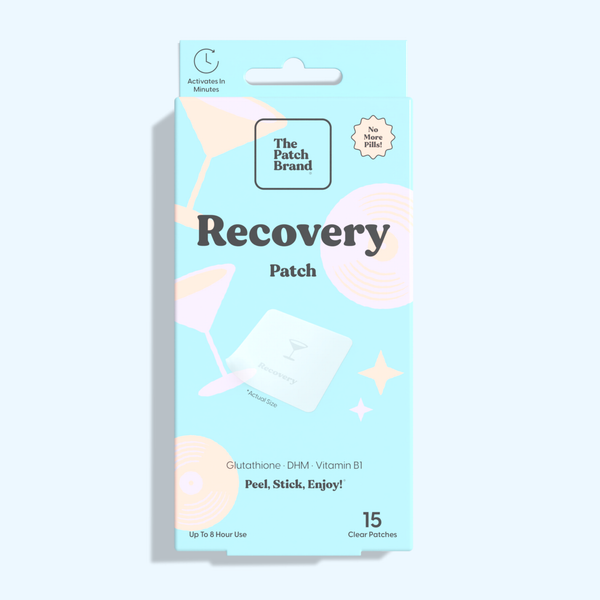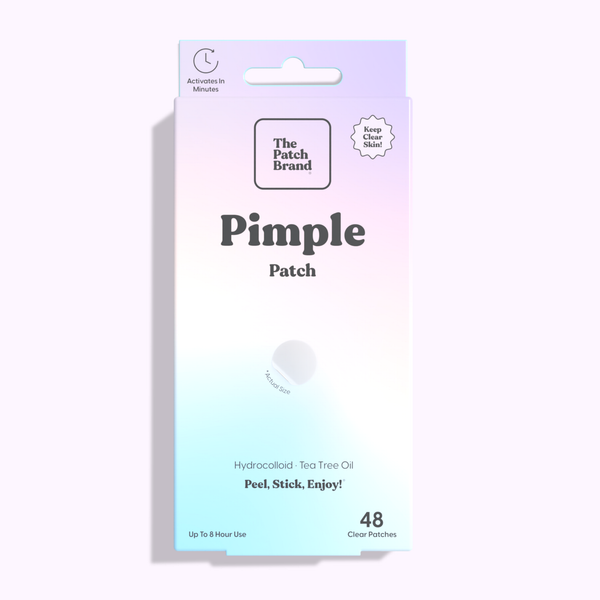Many people are unaware of the significant role that vitamins play in promoting good sleep quality. Nutrients from our diet directly affect the biochemical processes that regulate our sleep patterns. For instance, certain vitamins can influence the production of hormones like melatonin, which is crucial for regulating our sleep-wake cycles. Understanding how these vitamins interact with our body's natural rhythms can help us make informed decisions about our dietary and supplement choices to improve our sleep quality.
Key Vitamins That Promote Better Sleep
Role of Vitamin D
Vitamin D, often dubbed the "sunshine vitamin," plays a crucial role not only in bone health but also in our sleep patterns. Adequate levels of vitamin D are linked to a healthier sleep duration and improved sleep quality. This vitamin helps in regulating sleep by influencing sleep-wake cycles through its effect on sleep-promoting receptors in the brain. A deficiency in vitamin D has been associated with shorter sleep duration and disrupted sleep, especially in older adults. Ensuring you get enough sunlight or supplementing with vitamin D could be a key to unlocking better sleep, especially if you are prone to spending a lot of time indoors.
Benefits of B Vitamins
B vitamins, a group of eight essential nutrients, are known for their role in energy production and brain function. Vitamins B3 (niacin), B5 (pantothenic acid), B6 (pyridoxine), and B12 (cobalamin) are particularly significant in influencing sleep quality. For instance, vitamin B6 is integral in the synthesis of serotonin, a neurotransmitter that precedes the production of melatonin, which is critical for sleep regulation. This conversion is crucial as melatonin helps regulate the sleep-wake cycle, influencing when we feel alert or ready for sleep. Thus, maintaining adequate levels of these B vitamins is essential for ensuring a well-regulated sleep pattern and the proper functioning of the body’s internal clock. Sources of these nutrients include a variety of foods such as meats, grains, and dairy products, offering easy ways to enhance sleep quality through diet.
Magnesium’s Impact
This is another key nutrient that has a profound impact on sleep. It helps to calm the nervous system, thus making it easier to fall asleep by activating the parasympathetic nervous system, which is responsible for making you feel relaxed and sleepy. Magnesium also regulates melatonin, which guides the sleep-wake cycles in your body. Moreover, it binds to gamma-aminobutyric acid (GABA) receptors, which are responsible for decreasing nerve activity in the brain. Many people suffer from magnesium deficiency, which can manifest as difficulty falling asleep or staying asleep.
Balancing Hormones for Better Sleep
The endocrine system, which controls hormone production, is essential for regulating sleep. Certain vitamins play a pivotal role in this balancing act. For instance, Vitamin D helps regulate the levels of calcium and phosphorus in the blood, which in turn affects the production of hormones linked to sleep and wakefulness. B Vitamins enhance the body’s ability to manage stress through their role in neurotransmitter synthesis, which is crucial for maintaining balanced cortisol levels, commonly known as the "stress hormone." By managing stress hormones, these vitamins aid in achieving a state conducive to restful sleep.
Choosing Natural Vitamins for Sleep
Importance of High-Quality Supplements
Selecting high-quality vitamins for better sleep is crucial for ensuring effectiveness and safety. Low-quality supplements may not only be ineffective but can also contain harmful contaminants. High-quality supplements are typically certified by third-party organizations, which test them for purity and potency. These certifications can help guide consumers in choosing products that are safe and likely to deliver the promised benefits.
Understanding Bioavailability
Bioavailability refers to the extent and rate at which your body absorbs nutrients and puts them to use. Not all sleep vitamins are created equal, with some forms being more easily absorbed than others. For instance, magnesium citrate is more bioavailable than magnesium oxide, meaning the body can utilize it more effectively to promote relaxation and sleep.
Recommended Dosages for Sleep Improvement
Determining the appropriate dosage of vitamins and minerals can be highly individualized, reflecting each person’s unique health requirements and deficiencies. For instance, while the general recommendation for adults taking Vitamin D is between 600-800 International Units (IU) per day, those with a deficiency or higher needs might require up to 2000 IU daily. Similarly, for B vitamins, daily needs differ: B6 typically requires 1.3 to 1.7 milligrams (mg), and B12 about 2.4 micrograms (µg). Magnesium dosage recommendations range from 200-400 mg, beneficial for enhancing sleep quality.
Furthermore, when considering melatonin, a common sleep aid, starting with a lower dose such as 0.5 mg about an hour before bedtime is advisable. The effectiveness of melatonin and individual response can vary, so it's important to adjust the dose based on results and the guidance of a healthcare provider.
Consulting with Healthcare Providers
It's important to speak with medical professionals before starting a new supplement regimen. This strategy ensures that the supplements you choose are suitable and safe for your particular health needs. Here are reasons why this approach is beneficial:
-
Personalization: Consulting with healthcare professionals allows for a regimen that is specifically tailored to your health conditions and nutritional needs. This individualized approach not only maximizes the effectiveness of the supplements but also ensures they complement your overall health strategy.
-
Safety: Healthcare providers play a critical role in identifying any potential interactions between the supplements you wish to take and the medications you are currently using. It also guarantees the safety of your treatment plan by reducing the possibility of side effects.
-
Monitoring: Regular consultations enable healthcare providers to monitor your body's response to the supplements. By continuously evaluating the situation, dosages can be adjusted to maximize health benefits and reduce hazards.
When planning to discuss supplements with your healthcare provider, consider these steps to make the most out of your consultation:
-
Prepare a List: Bring a comprehensive list of all medications and supplements you are currently taking. Your doctor will be better able to grasp your baseline and steer clear of any possible drug interactions with the use of this information.
-
Clarify Health Concerns: Be transparent about your sleep issues and any other health concerns you might have. This clarity will assist the provider in recommending the most effective supplements for your specific conditions.
-
Inquire About Dependency: Ask about the long-term use of sleep supplements and any potential dependency issues. It's important to understand the ramifications of prolonged use.
-
Explore Alternatives: Discuss whether any alternative therapies or lifestyle changes could complement or replace the use of supplements. Often, non-medical interventions such as exercise or dietary changes can effectively address health issues.
By following these guidelines, you can ensure that the supplements you use are beneficial and safe, contributing positively to your overall health and well-being.
Alternative Methods for Absorbing Sleep Vitamins
Benefits of Sleep Vitamin Patches
The best sleep vitamins patches offer a unique alternative to traditional oral supplements. These patches deliver vitamins directly through the skin, allowing for a steady release of nutrients over several hours. This method can be particularly beneficial for individuals who have difficulty swallowing pills or who experience digestive issues that may interfere with the absorption of oral supplements. The slow release of vitamins from patches can provide a more consistent nutrient level, potentially leading to better sleep quality through the night.
Using Melatonin Patches
Melatonin patches have become a popular choice for those seeking to improve their sleep quality without the need for oral supplementation. These patches are easy to use and are ideal for individuals who prefer a direct and sustained release of melatonin into their bloodstream, which can help regulate the sleep-wake cycle more efficiently. Unlike pills, these patches reduce the risk of overloading the body with a sudden surge of melatonin, which can sometimes lead to grogginess in the morning.
Tips for Buying Reliable Sleep Patches
When seeking to enhance your sleep quality, reliable sleep patches can be a valuable tool. However, navigating the market for these products requires careful attention to several key factors to ensure you select a safe and effective option. Here's a guide on how to buy sleep patches:
-
Check for Transparency: When selecting sleep patches, it's essential to choose companies that are open about their ingredients and their sourcing. A transparent approach ensures that you know exactly what substances you're applying to your skin. This transparency should extend to the manufacturing processes and any testing methods used. Companies that readily provide this information typically prioritize customer safety and product quality, which can give you greater confidence in their sleep patches.
-
Read Consumer Reviews: Consumer reviews can be a valuable resource when choosing a sleep patch. These reviews often reflect real-world experiences with the product’s effectiveness and the company’s customer service. Look for recurring themes in reviews, such as comments on the patch's comfort, skin reactions, or the actual benefits of sleep vitamins. Frequent mentions of positive or negative experiences can serve as reliable indicators of product performance.
-
Understand the Return Policy: A comprehensive return policy is often a sign of a company’s confidence in its product and commitment to customer satisfaction. Look for policies that offer refunds or exchanges if the sleep patches do not meet your expectations. This safety net can make the initial purchase less risky, especially if you are trying a new brand.
-
Analyze the Release Mechanism: The effectiveness of a sleep patch can significantly depend on how it releases its active ingredients. A patch that delivers a slow, consistent release of ingredients throughout the night may help maintain steady sleep, whereas patches that release too quickly might not sustain the desired effects until morning. Understanding the technology behind the release mechanism can help you choose a patch that best fits your sleep needs.
-
Investigate Manufacturer Reputation: The reputation of the manufacturer can provide insights into the reliability and safety of their sleep patches. Companies that have maintained a positive standing over the years are generally more trustworthy and committed to producing high-quality products. Researching the company’s history and any past issues can help inform your decision.
Following these guidelines can help ensure that you choose a
sleep patch that is both safe and effective, aiding in your overall goal of improving sleep quality.
Advantages of Using Sleep Vitamin Patches
Convenience and Ease of Use
These patches are designed to be easy to use; simply attach them to a clean area of skin before bedtime, and they work throughout the night. Their design ensures they stay put without causing discomfort, making them ideal for uninterrupted sleep. This attribute is particularly beneficial for individuals who struggle with swallowing pills or those who wish to maintain a minimalist nighttime routine. Unlike oral supplements that require digestion, sleep patches provide a hassle-free alternative, ensuring that users can enjoy a restful night without any additional tasks.
Integrating Patches into Your Sleep Routine
Adopting sleep patches into your nightly routine can significantly enhance your sleep quality and contribute to better sleep hygiene. These patches can be easily incorporated into any pre-sleep ritual, serving as a physical reminder to the body that it is time to wind down and prepare for rest. For instance, applying a patch can become part of a soothing bedtime routine that might also include dimming the lights, reading a book, or engaging in a few minutes of meditation. Such rituals are beneficial in signaling to the brain that sleep is imminent, thereby reinforcing the body's natural sleep-wake cycle or circadian rhythm. It simplifies the process of preparing for bed and also helps in establishing a consistent sleep schedule.

The exploration of improving sleep with vitamins has uncovered several critical benefits. These nutrients, including vitamin D, B vitamins, magnesium, and melatonin, play vital roles in enhancing sleep quality by regulating sleep cycles, balancing hormones, and calming the nervous system. Utilizing these vitamins, whether through diet, traditional supplements, or innovative methods like patches, can significantly improve the quality of sleep. The continuous release of nutrients from patches, in particular, offers a consistent aid to those struggling with sleep, ensuring that their bodies receive the necessary support throughout the night.



